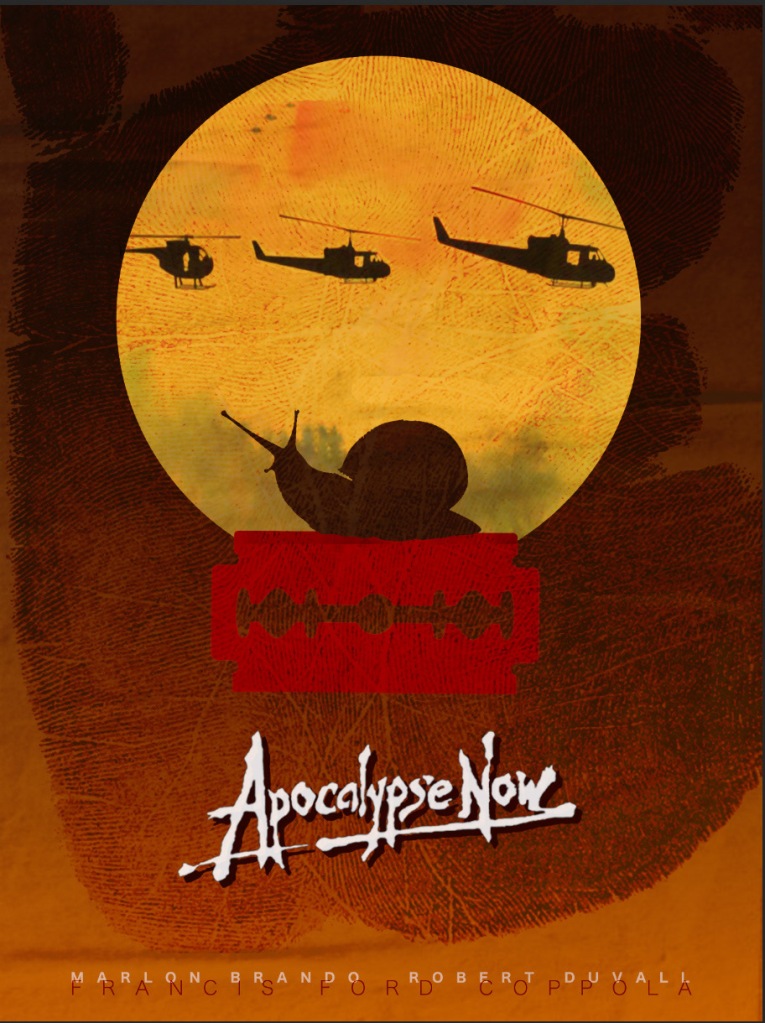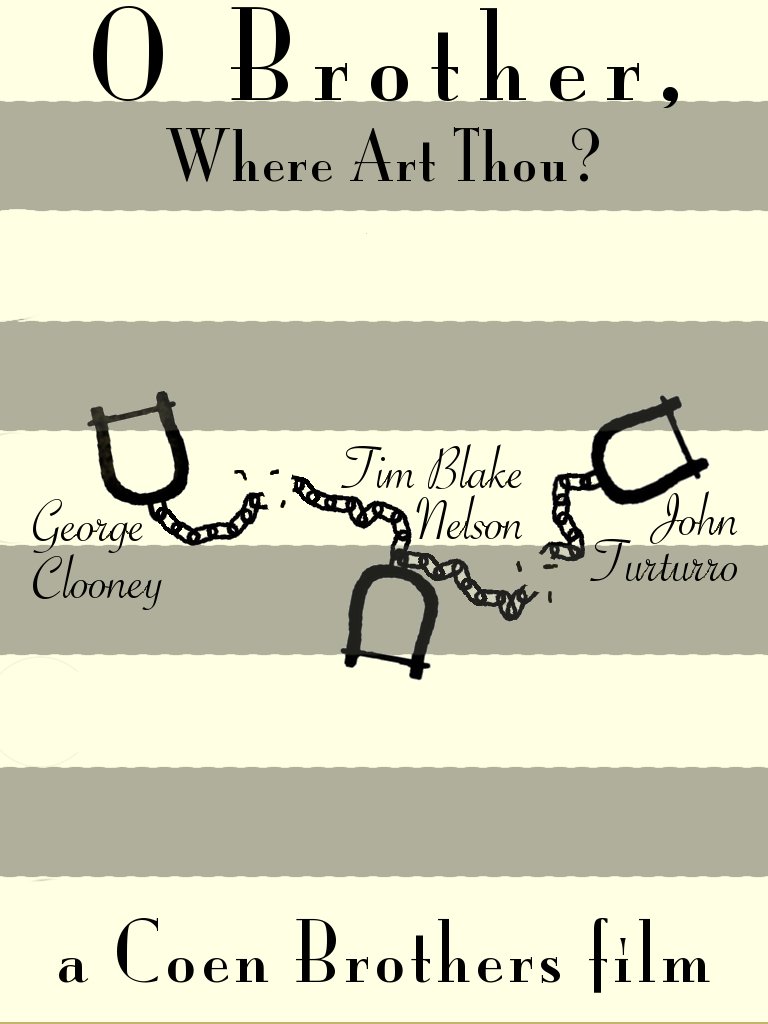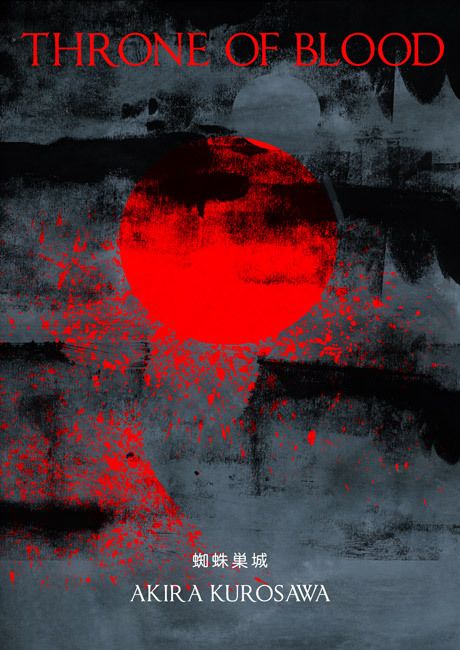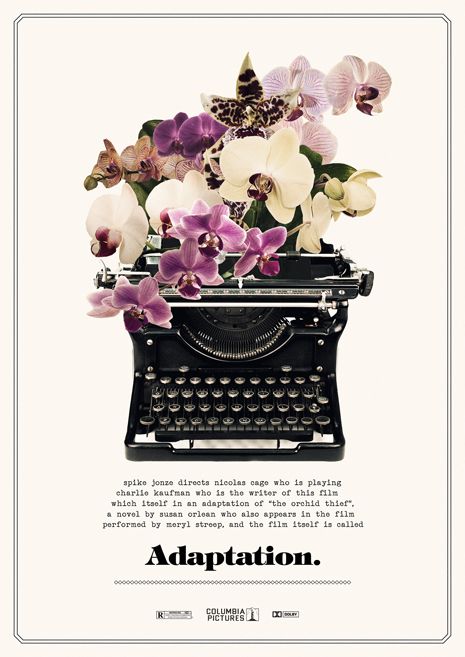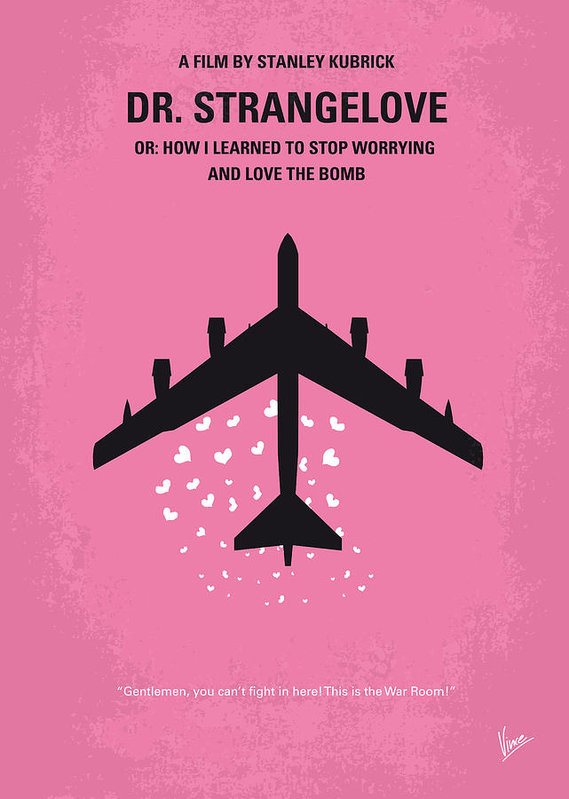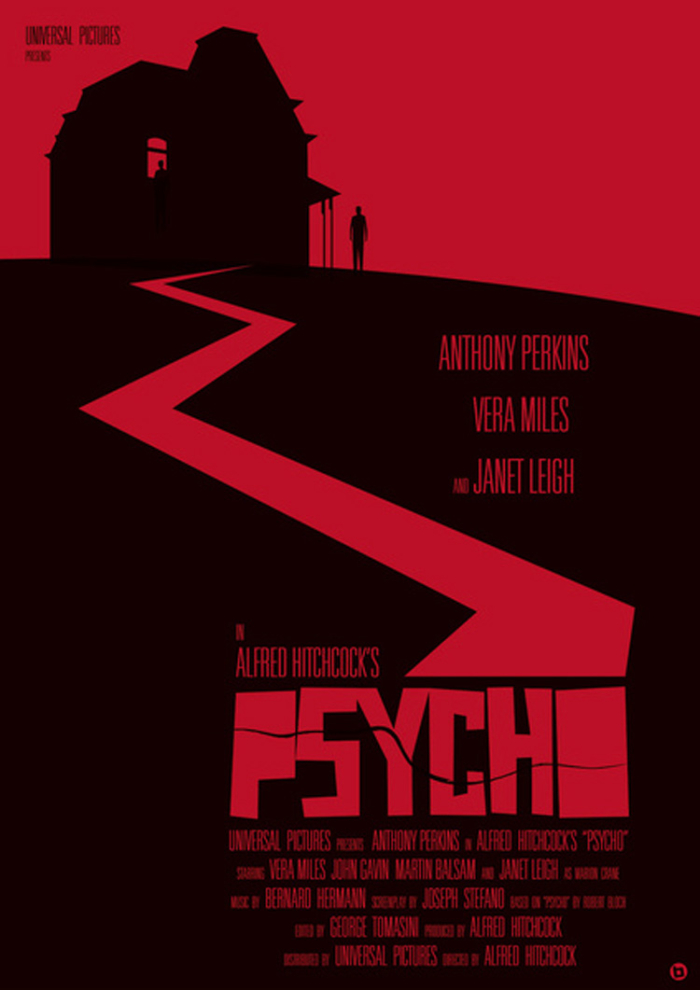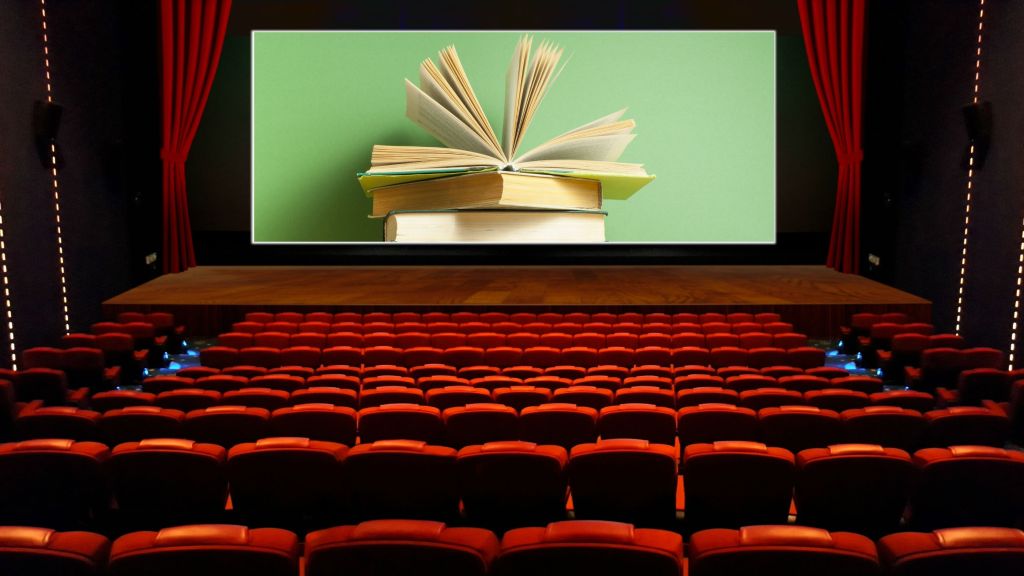
“GENRE-SHIFTING IN FILM ADAPTATIONS“
Introduction
In this thesis proposal, I will discuss the layout of my topic on genre-shifting in film adaptations. When a work (e.g. novel, poem, short story, etc.) becomes adapted into another medium, something from the original work would probably be changed in the process. Such as altering the setting, some characters might be added or omitted or the entire narrative may be changed altogether. The reasons for these changes range from the director’s artistic licence, executive meddling, censorship systems or films that are aiming for the right demographic/target audience. The main question I’m aiming for is ‘can a film still be faithful to the source it’s based on after changing its genre?’

The reason why I chose this topic on film adaptation is that I am fascinated with the two mediums as I am a heavy bookworm and cinephile. I am also fascinated with comparing and contrasting two texts as well as the idea of translating from one medium to the next. On a personal level, over the years when I was screenwriting in my free time, I couldn’t write anything original as I was so focused on my education studies, so I ended up adapting short stories and novels from my favourite authors into screenplays.
Thesis Dissertation
In the prologue of my thesis, I will be explaining the reasons behind adaptation deviations in films. The first chapter will focus on the definition of adaptation theory. Primarily, I will be focusing on the definitions from John Desmond and Peter Hawkes and also Linda Hutcheon. Desmond and Hawkes give a traditional definition (2006 1-2) while Hutcheon states that it’s “repetition but without replication” (2013 173). I will also mention the definitions of film genre. Similar to Hutcheon’s definition, Stephen Neale describes that “film genres are instances of repetition and difference” (1980 48). I will also describe Rick Altman’s history of films that included mixed genres, that relates to the idea of a battle between the neoclassical and postmodernist periods (1999 128). I may also discuss why some directors aim for a ‘deconstruction of genre’ within the postmodernist realm of filmmaking. Altman’s chapter dedicated to mixed-genres would help correlate with my thesis topic.
For my film case studies, I’ll be covering two sections and two subsections that’ll hopefully clarify my overall goal. The first section is dedicated to recontextualized adapted films and I plan to explore how and why these revisionist adaptations change the classical stories that they were based on, such as Apocalypse Now (1979) and O Brother, Where Art Thou? (2000). Both have different location backdrops and I’m interested in analysing how and why the filmmakers chose these settings (Cartmell 2014 374-89) and how they relate to their themes and motifs. As a subheading, I will focus on ‘recontextualized adaptations’ in theatre, particularly in Shakespeare’s work and Kurosawa’s film Throne of Blood (1954). And I’ll examine how adapted films can be faithful with a cross-pollination of cultures in the film industry (Dawson qtd. in Henderson 2007 164-73). The second section will focus on authorship in film adaptations.
In ‘pragmatic adaptations’, sometimes filmmakers realise that parts of the book their adapting aren’t going to make it through to the big screen (due to budget costs, censorship, pacing issues, etc.), forcing them to ‘improvise’. Particularly, in Charlie Kaufman’s self-referential screenplay of Adaptation (2002), where I will study the ongoing battle between the screenwriter and the author of a book (Cobb qtd. in Cartmell 2014 105-6). My subsection will explore the depths of auteur filmmakers and their changes to the adapted films they’ve worked on. I will briefly explore the filmographies of famous auteur directors: Stanley Kubrick and Alfred Hitchcock and study their prominent films. Such as Kubrick’s ‘paradoxical’ black comedy Dr Strangelove (1964) (Castle, Harlan, Kubrick, Snowdon & Kubrick 2013) and Hitchcock’s ‘invention’ of the slasher subgenre with Psycho (1960) (Truffaut, 2017).
Creative Project
For my creative project, I will adapt a short story while changing its genre. The short story is called Lots of Bits of Star (2013) by David Mitchell. Lots of Bits of Star is a page-and-a-half-long tale that describes an event from the perspective of Leo, our autistic narrator. Leo is non-verbal and can only amount to one-word sentences and shares a fascination with plants and wildlife. His sister, Rose, is supportive of Leo’s actions, whilst his mother is very distant towards him. The story explores Leo’s miniature journey as he accompanies the ghost of his grandfather to find his mother’s lost phone. From Leo’s viewpoint, the incident is anything but ordinary as he fights to stay calm and make sense of the world around him, helped by the complex order of the instinctive world. The genre is nothing more of a slice-of-life event. Even though the story is too short to adapt, I expanded its narrative by adding an extra subplot – where Leo tries to communicate with a girl he has a crush on. Tonally, the film has a lot of brooding montages and voice-over narrations to go along with it, giving Leo a mood of hopelessness for his upcoming future. Even though we are not told of how old Leo is (although, we assume that he’s supposed to be a child), but I went as far as giving the character an age lift to when he’s an eighteen-year-old. After adding this ‘token romance’ subplot, I felt like it wasn’t enough to carry the story to its pivotal topic, so went so far as to flip the genre as a coming-of-age tale, tackling the theme of impermanence.
With regards to the dissertation topic, I am slightly recontextualizing the story’s narrative, while also trying to be faithful to its reimaging. Although I’m not an auteur, I am fascinated to understand the pros and cons that go into the production of a film adaptation. Film authorship and adaptation of authenticity has started ever since the medium was invented and I am very engrossed with the subject of film genres being the reason for those changes.
Bibliography
Altman, Rick. Film/Genre. BFI Publishing, 1999.
Bluestone, George. Novels into Film. Johns Hopkins Univ. Press, 2003.
Broderick, Mick. Reconstructing Strangelove: Inside Stanley Kubrick’s “Nightmare Comedy.” Wallflower Press, 2017
Cahir, Linda Costanzo. Literature into Film: Theory and Practical Approaches. McFarland & Co,. 2006.
Castle, Alison, et al. The Stanley Kubrick Archives. Taschen, 2013.
Cartmell, Deborah. A Companion to Literature, Film, and Adaptation. 1st ed., Wiley Blackwell, 2014.
Crowl, Samuel. Shakespeare and Film a Norton Guide. W.W. Norton & Company, 2008.
Desmond, John M., and Peter Hawkes. Adaptation: Studying Film and Literature. McGraw-Hill Education Create, 2006.
Ebert, Roger. Questions for the Movie Answer Man. Andrews McMeel, Kansas City, 1998.
Gilbey, Ryan. “The End of the Auteur?” The Guardian, Guardian News and Media, 23 Mar. 2018, http://www.theguardian.com/film/2018/mar/23/the-end-of-the-auteur. Accessed 09 Mar. 2020.
Gleiberman, Owen. “Psycho: The Horror Movie That Changed the Genre.” EW.com, 4 Aug. 2009, ew.com/article/2009/08/04/psycho-the-horror-movie-that-changed-the-genre/. Accessed 02 Mar. 2020.
Henderson, Diana E. A Concise Companion to Shakespeare on Screen. Blackwell Pub, 2007.
Hutcheon, Linda. A Theory of Adaptation. 2nd ed., Taylor and Francis, 2013.
Leitch, Thomas M. The Oxford Handbook of Adaptation Studies. Oxford University Press, 2017.
— Film Adaptation and Its Discontents: from Gone with the Wind to The Passion of the Christ. Johns Hopkins University Press, 2009.
McKee, Robert. Story: Substance, Structure, Style, and the Principles of Screenwriting. Methuen Publishing Ltd, 1999.
Nathan, Ian. Coen Brothers – the Iconic Filmmakers and Their Work. Aurum Press, 2017.
Neale, Stephen. Genre. British Film Institute Pub., 1980.
— Genre and Hollywood. Routledge, 1988.
Sanders, Julie. Adaptation and Appropriation. Routledge, 2016.
Stam, Robert, and Alessandra Raengo. Literature and Film: A Guide to the Theory and Practice of Film Adaptation. Wiley Blackwell, 2004.
Truffaut, François, et al. Hitchcock/Traffaut. Faber & Faber, 2017.
Filmography
Coen, Joel, director. O Brother, Where Art Thou? Universal Pictures, 2000.
Coppola, Francis Ford, director. Apocalypse Now. United Artists, 1979.
Jonze, Spike, director. Adaptation. Sony Pictures Releasing, 2002.
Kubrick, Stanley, director. Dr Strangelove or: How I Learned To Stop Worrying and Love The Bomb. Columbia Pictures, 1964.
Kurosawa, Akira, director. Throne of Blood. Toho, 1957.
Hitchcock, Alfred, director. Psycho. Paramount Pictures, 1960.

